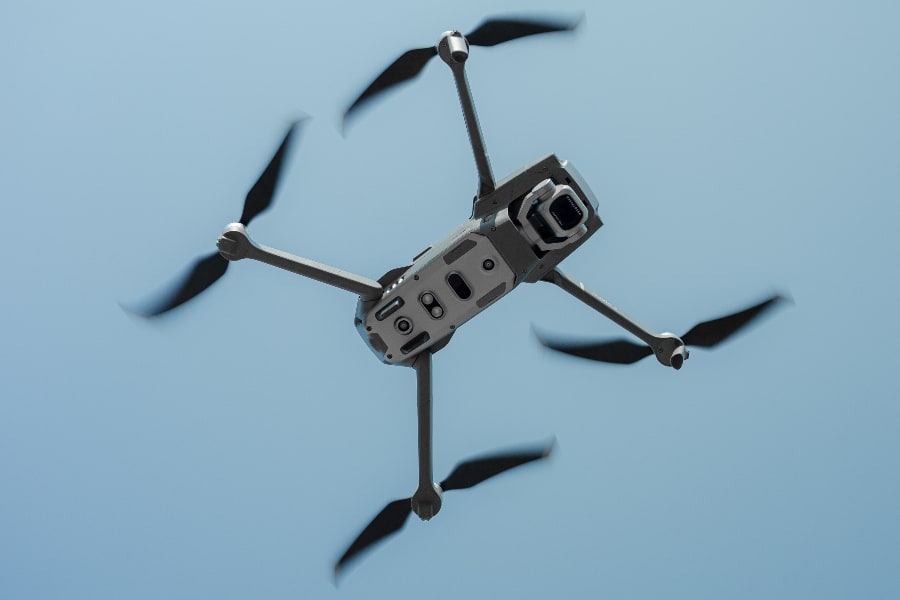New funding for drone project to transport healthcare supplies to older people in remote areas

The first national drone network that can transport essential medicines, blood and other medical supplies to older people living in remote areas has received funding from the Future Flight Challenge at UK Research and Innovation (UKRI) to run until June 2024.
The project is operated by a consortium led by AGS Airports in partnership with NHS Scotland and 14 other partners, including the University of Strathclyde and NATS, formerly National Air Traffic Services.
It will deliver essential medical supplies throughout Scotland, including to remote communities.
Care and equity logistics UAS Scotland, or CAELUS project, has secured £7 million of funding from Innovate UK’s Future Flight Challenge. It is the consortium’s second successful round of funding for the CAELUS project. Together the collaborators are working to deliver what will be the first national drone network that can transport essential medicines, bloods and other medical supplies throughout Scotland including to remote communities.
According to Local Gov’s ‘Health and wellbeing in rural areas’ report, the average age in rural areas across the UK is 5.3 years older than in urban areas and this is increasing.
Settlements in sparse areas tend to have the highest proportion of their populations amongst the older age groups. This reaches its peak in rural villages and hamlets in a sparse setting, where on average over 27 per cent of the population is over 65 years old and 60 per cent of the population is over 45.
As older people are more likely to experience health and care problems and to need health and social care services, there is a proportionately greater demand on services in rural areas, especially in those areas with the highest numbers of older people.
The percentage of people over 85 will double over the next 20 years. This means there are likely to be more people with complex health needs.
Since securing £1.5 million in January 2020, the CAELUS consortium has designed drone landing stations for NHS sites across Scotland and developed a virtual model of the proposed delivery network, which connects hospitals, pathology laboratories, distribution centres and GP surgeries across Scotland.
NHS Scotland has said it will bring it’s “Once for Scotland” approach to the project. The ‘Once for Scotland’ approach sets out six principles of good rehabilitation, which puts the individual at the centre and builds on the concept of realistic medicine to provide a personalised approach that is outcome focused, and supported by a shared decision making process.
The second phase of the project will involve live flight trials and removing remaining barriers to safely using drones at scale within Scotland’s airspace.Earlier this year
Earlier this year UKRI announced that it would be providing £20 million funding for over 25 projects to develop products and services that meet the needs of people as they age.


